General Conclusion
In the summer of DeFi 2020 decentralised exchanges exploded, especially AMM, with the success of Uniswap. Since then, a series of projects have copied Uniswap's model, but some have approached the problem in a different direction. Including DODO.Launched in mid-August 2020, DODO is an on-chain liquidity solution that combines AMM and oracle. This is also a factor that is more advanced than other DEXs like Uniswap.
Dex Market
AMM-based DEXs have proven to be one of the highest impact DeFi innovations, allowing investors to seamlessly trade between cryptocurrencies in a completely decentralised and unattended manner, through pre-funded on-chain liquidity pools.How: simply deposit capital into these liquidity pools (become a market maker).Why: liquidity providers can earn a passive income on their capital through accrued trading fees, based on their contribution rate.The DEX has had unprecedented success over the past few months. Led by Uniswap, DEX volume surged to a record high of $83 billion in May, and the total locked-in value on all DEX platforms also reached the highest value of almost $28 billion.
Problems
Despite such tremendous success, AMM DEXs still face their own limitations. Some inherent problems are:
- Impermanent loss (IL)
- Capital efficiency
- Slippage
- Gas costs
- Speed
- Multi-token exposure
- Front-running
- Back-running
The most important risk is IL, which is quantified by the difference in portfolio value over time between providing liquidity to the DEX poolversusbuying and holding the underlying tokens.
IL = token in DEX — hodl token
It happens because AMM prices do not automatically adjust. When prices across the market change, arbitrageurs enter and profit at the expense of liquidity providers. So, the actual profit of LP in AMM pools is the balance between the accumulated fees from the trades and the impermanent loss caused by the arbitrage. During implementation, AMMs encountered capital inefficiencies, poor liquidity used, and exposure to multiple tokens. Since AMM allocates capital equally across the price range (0; +∞), only funds allocated close to the market price are effectively utilised with a significant portion of the funds available only when the valuation curve begins to fall and the head turns exponentially.As a result, AMMs require greater amounts of liquidity to accommodate the slippage on traditional order-to-order exchanges. Furthermore, AMM often requires the LP to deposit two or more tokens to provide liquidity, forcing exposure to additional assets.AMM is often referred to as "lazy liquidity" because of the uncontrollable price point offered to traders, unlike traditional market makers. TLDR:In terms of the DEX market, protocols are increasingly developing new functions for more efficient use of funds. Examples are Bancor V2, Uniswap V3 and DODO, which we have discussed.As for DODO, this protocol has provided a new solution with the ability to adapt to market fluctuations. However, with large fluctuations, the model is still likely to encounter the problems discussed.DeFi continues to be a place to test innovations, and today we are still making changes to make the financial system better. However, not all initiatives are successful and we need more time to do more experiments.
[link] [comments]

You can get bonuses upto $100 FREE BONUS when you:
💰 Install these recommended apps:
💲 SocialGood - 100% Crypto Back on Everyday Shopping
💲 xPortal - The DeFi For The Next Billion
💲 CryptoTab Browser - Lightweight, fast, and ready to mine!
💰 Register on these recommended exchanges:
🟡 Binance🟡 Bitfinex🟡 Bitmart🟡 Bittrex🟡 Bitget
🟡 CoinEx🟡 Crypto.com🟡 Gate.io🟡 Huobi🟡 Kucoin.
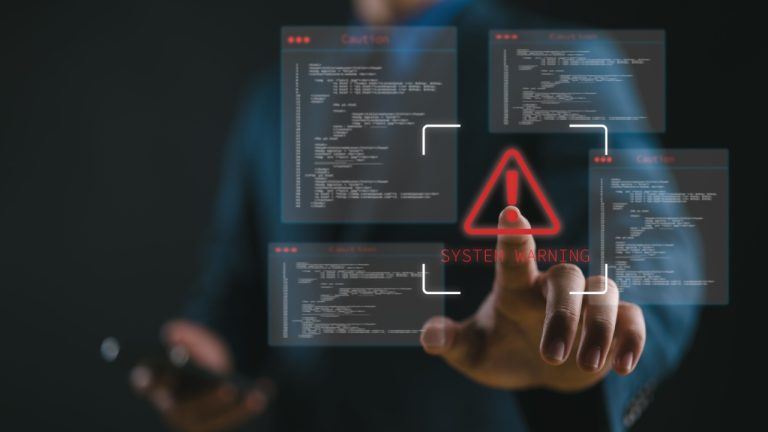



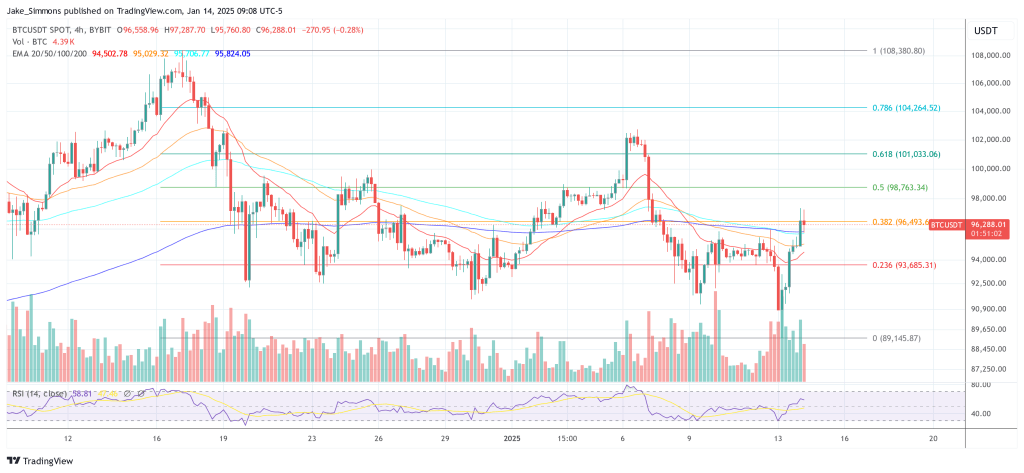





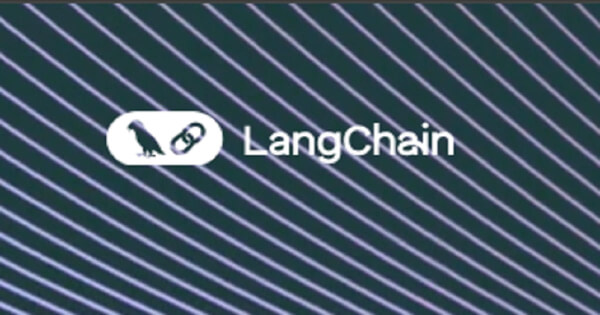
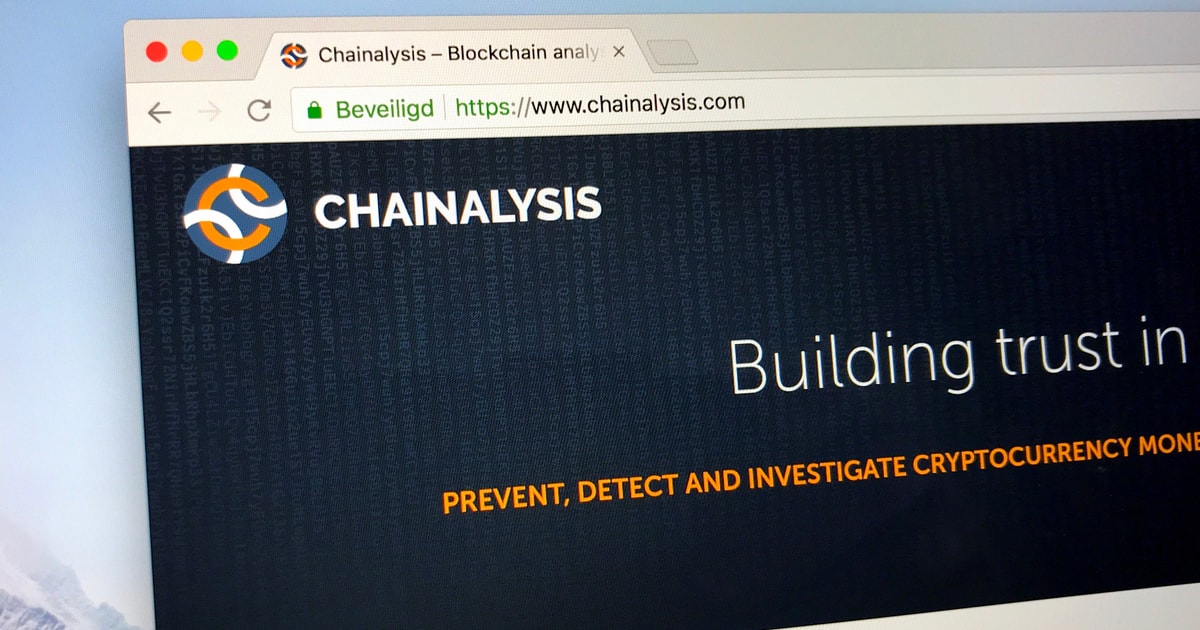
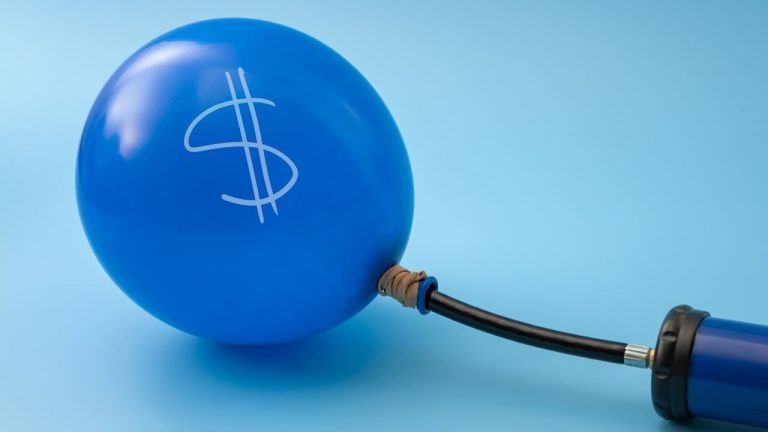
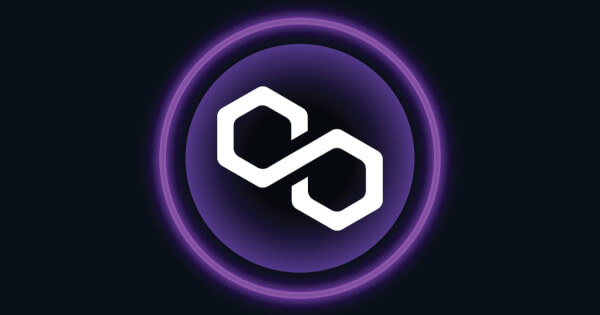




Comments